Maserati launched its new MC20 supercar with a fanfare rarely seen in the car industry these days.
The Italian firm assembled a huge temporary stage at the Mugello Circuit in Modena, a fleet of cars and grandstands full (relatively speaking, of course) of dignitaries, customers and the media. As the ushers tried to move us away from the canapés and into seats, a video played on loop on a big screen, showing Maserati’s racing heritage.
Predictably, there was plenty of 1950s Formula 1 action, featuring Juan Manuel Fangio and Sir Stirling Moss, but there was also extensive footage of the Maserati MC12 utterly dominating the FIA GT Championship in the 2000s. By the time that the video had played for the final time, onlookers might have been convinced that the MC12 was a pivotal machine in racing history.
The truth is somewhat different. The MC12 did indeed utterly dominate, notching six consecutive titles from 2005 to 2010 and winning 40 of the 94 races that it started in that time. But so it should have: it was a homologation special, stretching already-liberalised rules to their limits.
Due to tedious background politics, the regulations of the GT Championship’s top division differed from those governing GT cars at Le Mans. As a result, the MC12 never competed in sports car racing’s showpiece event – where it would have faced far tougher competition.
That’s not to say Maserati was being disingenuous: it developed a car to the limit of the rules, beat all comers and won world titles. As a return to racing after 37 years, it was a huge success. But it wasn’t quite the world-beater it was painted as in the MC20 hype.
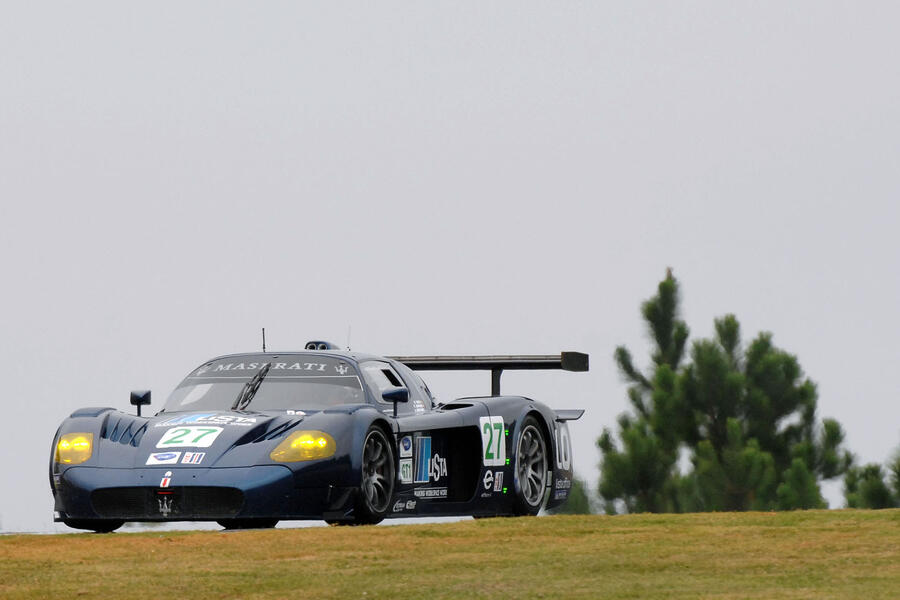
Does it matter? Absolutely not. Ultimately, for car makers, racing is a marketing exercise, and Maserati can rightly draw on the MC12’s dominance without recourse to such nuance as the level of competition it faced.
The MC20’s launch also represented a brand reset, using the supercar to link Maserati with a long and successful motorsport heritage. The firm was able to do that hugely effectively and in such a way that onlookers might not notice the gap of nearly four decades between its F1 and sports car efforts and that GT campaign.

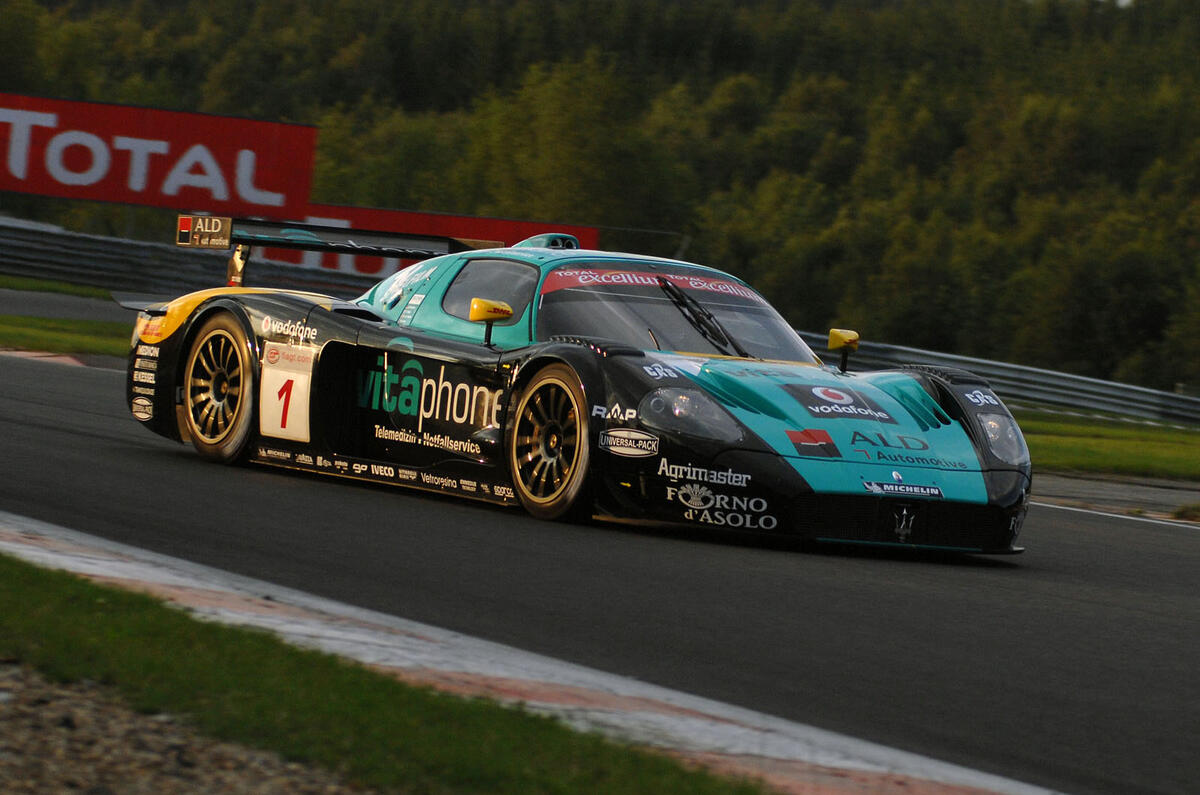
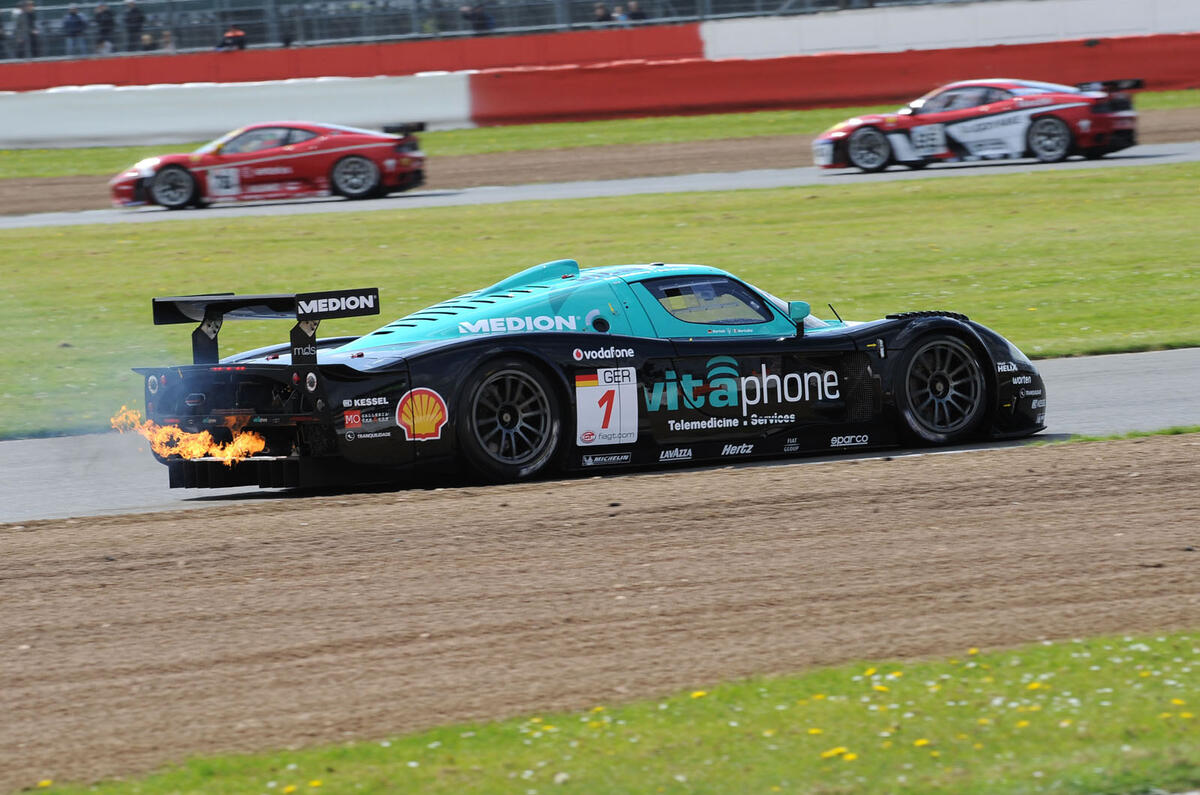
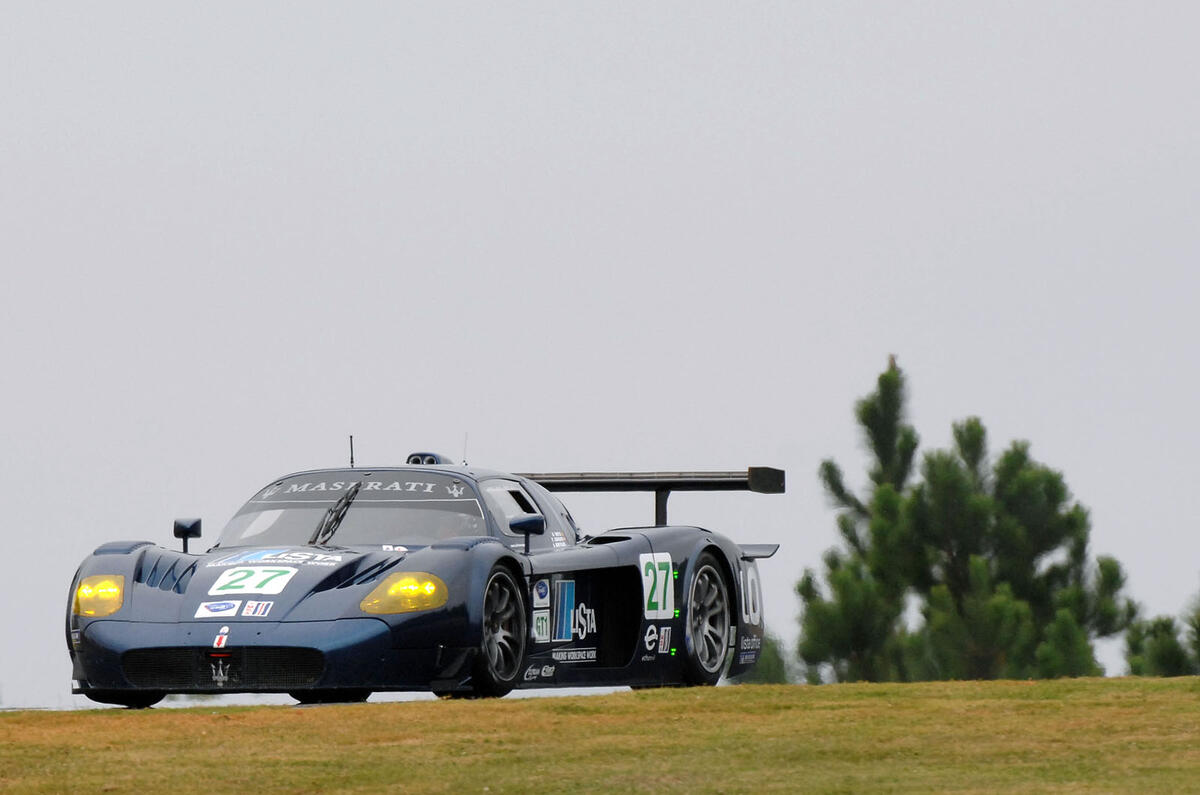
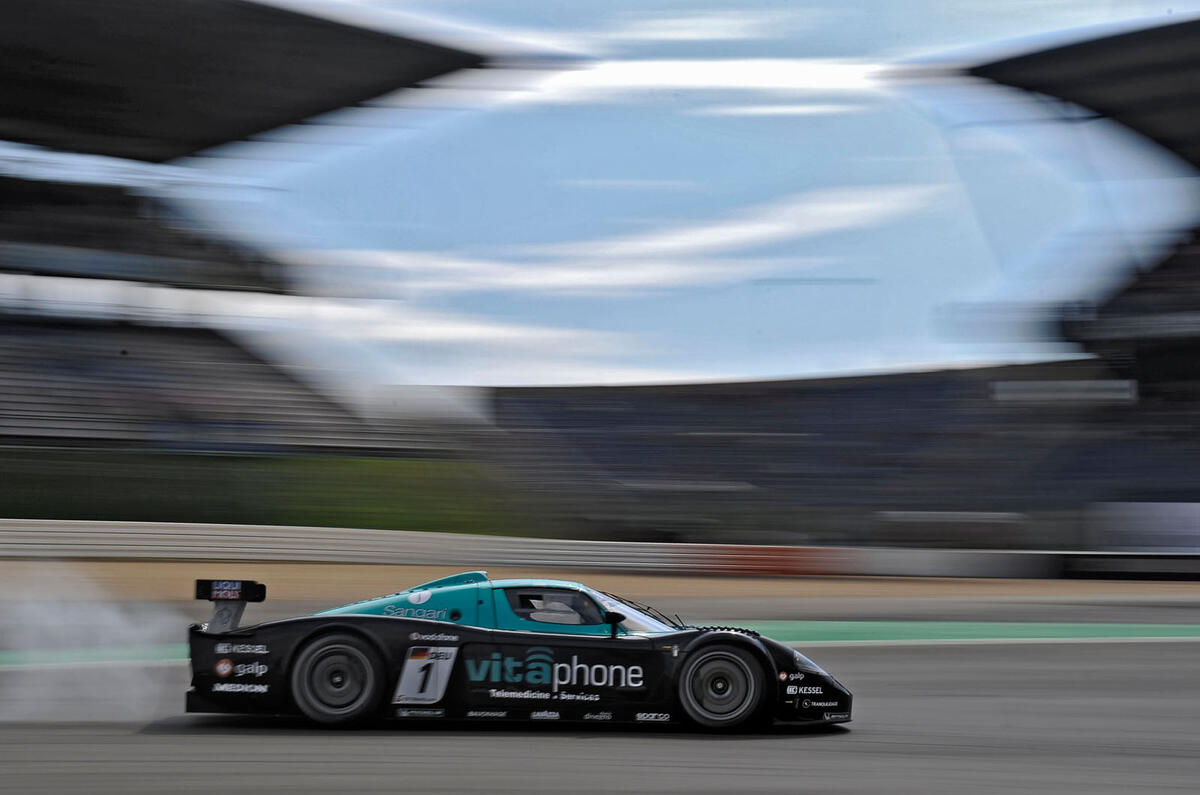



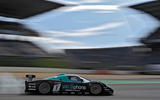






Join the debate
Add your comment
Subliminal advertising
I'm reasonably certain that the AMG motif on the side of a racing car that displays great pace and reliability has done them no harm in getting "clients" for their products such as Aston Martin and likely other manufacturers as well as pushing your direct competitors into the shade such as M from BMW.
An article that doesn't even
An article that doesn't even attempt to explain how racing is an effective marketing tool.
I would say that it is not.
In fact as an owner of 2 aging Mercedes products (one AMG and one not) I will never buy another vehicle from them after what they have done to my beloved F1 with their mindless support of regulations that have utterly destroyed the atmosphere that made a race so compelling.
If I had to choose between watching Mick Schumacher lapping Mugello in his father's F2004, or watching the race that followed, I would not hesitate to chose the lone V10.
@ eseaton
I would totally agree with your sentiments.
I also believe that Motorsport has a very tenuous link to the Brands today, in the upper formule mainly because the racecar is so far removed from the roadcar (even Rallying has also become detached, which is a shame as Rallying arguably did more for car sales than any other form of Motorsport), also TV coverage is so obscure now that few get to see these cars race,
The MC 12 is a typical case in point...all but invisible to most....many probably dont even know it exists. How has this raised Maserati's profile to tha average Ghibli buyer.
Total waste of money - an ego trip
Completely agree with both
Completely agree with both eseaton and 289, i dont of anyone who has ever made a car buying choise as a result of racing
Pedro Rodriguez
I was 13 when Rodriguez won the 1970 Belgian GP. A victory that was totally unexpected after BRM’s dismal showing the previous year. It was a short period of renaissance for the team, and Rodriguez led the way.